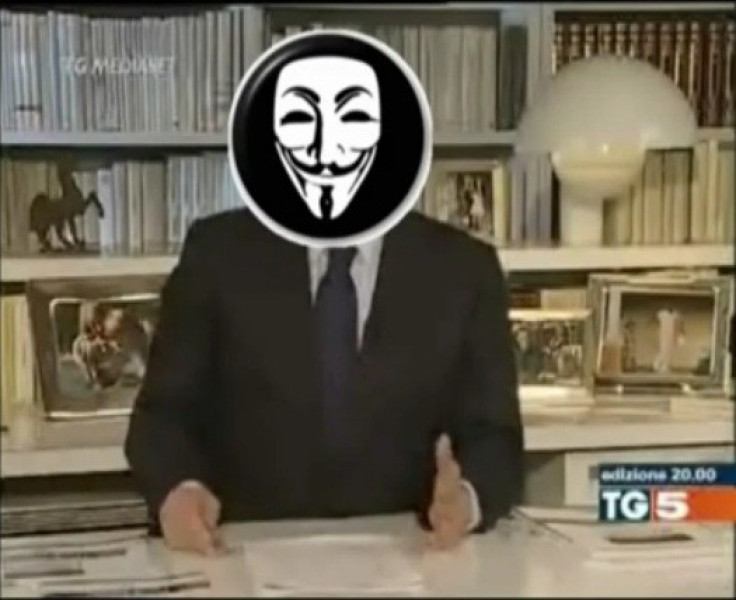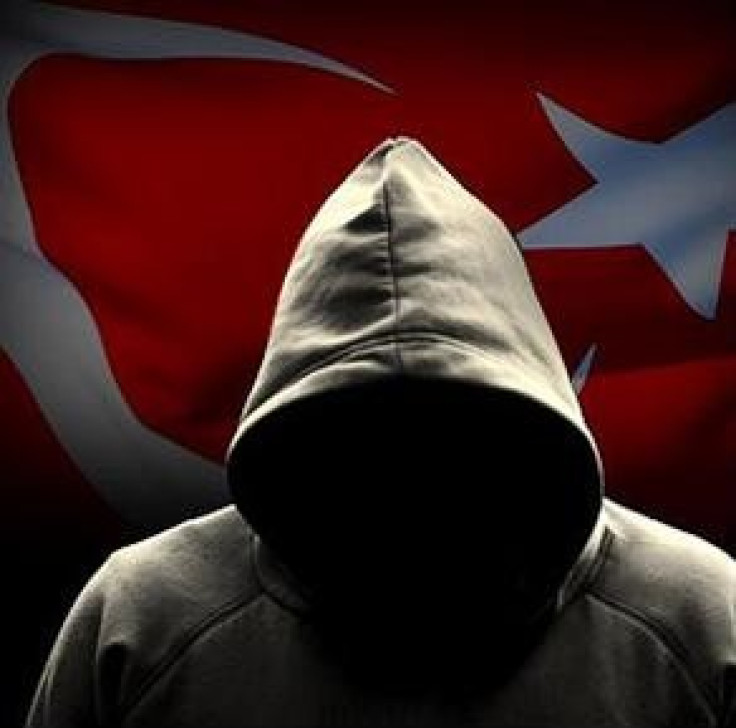Anonymous Controversies: The Hacktivist Collective Goes Global
From a hacktivist collective to a global political movement, Anonymous has dominated every cyber-crime related debate of this year, changing forever the face of online activism.
But the collective has also stirred a controversy for its radical methods in South America, where it declared war against the drug cartels that dominate the region. Not to mention the big defeats in Italy and Turkey, where several 'hacktivists' were arrested, and the movement there crippled. The International Business Times UK have picked those three 'lows' as emblematic of the complicated and nuanced world of Anonymous.
1 - No Tricks with the Italian Police

Italian police detained 25 suspected member of Anonymous in July, after its online sabotage against governmental websites, like the Chamber of Deputies and the Senate, and large companies' sites like state-owned oil major ENI.
The authorities claimed to have dismantled the group's Italian cell with this operation. However, a statement by Anonymous promised revenge attacks. "The media has spread the news that the entire Italian network of anonymous has been dismantled and the 'leaders' of Italian anonymous was arrested.
"Anonymous denies these media reports and reiterates that this is impossible: Anonymous is not been dismantled. Anonymous has no leaders, no structure. All anonymous members operate at the same level."
As media reported at that time, the authenticity of Italian police force's claims were questionable. Numerous law enforcement agencies have reported arresting Anonymous members only to find the collective carry on unhindered.
2 - Mexican Member Kidnapped

A Mexican member of Anonymous was kidnapped by a ruthless drug cartel in October. In response, the hacktivist group launched OpCartel operation, aiming at the release of 25,000 Mexican government email containing the names and associates of the feared Las Zetas drug cartel.
However, the operation stirred a controversy among Anonymous members in South America. Many argued in Internet chat rooms that the risk of torture and death was too great to carry on. Several activists even told the Mexican newspaper Milenio that the operation was cancelled out of safety concerns.
The hacktivist was later released and Anonymous declared a truce with the Zetas. The group's attempts to revive the operation, calling on all the global hacker community to attack Mexican government agencies was met with scepticism by critics, who accused Anonymous spokesman Barrett Brown of exploiting press attention to promote a book about his experience with the hacktivist movement.
3 - The Turkish Connection

The Turkish National Police arrested 32 suspected Anonymous members during raids across 12 of the country's cities in June.
The authorities targeted the hacktivist group for its cyber-attacks against government owned websites. Anonymous inflicted a "distributed denial of service" on Turkish telecoms regulators in June. DDos assaults are a form of cyber-attack that use large numbers of computers to overload a website with requests, forcing it go offline.
The cyber-attacks' purpose was to target the Internet law that the Turkish government was planning to implement on August. Under the pretence of protecting the youth from 'harmful elements of the web', the law leads to a wide-spread censorship according to critics.
The police operation crippled Anonymous cell in Turkey although nine minors of the 32 arrested were released soon after.
© Copyright IBTimes 2024. All rights reserved.






